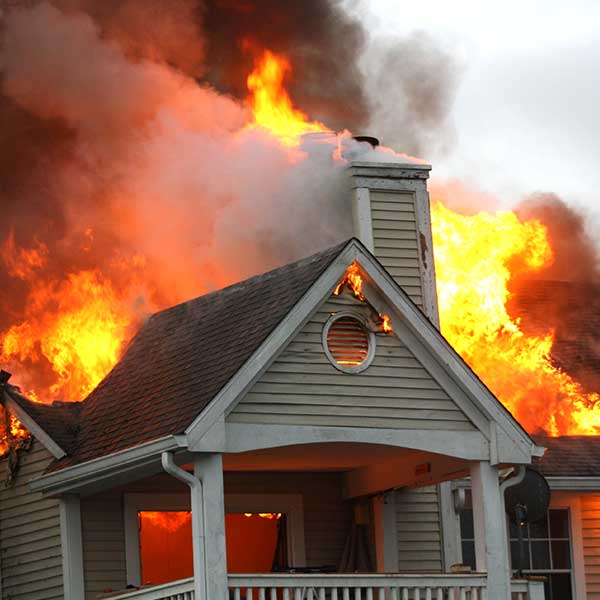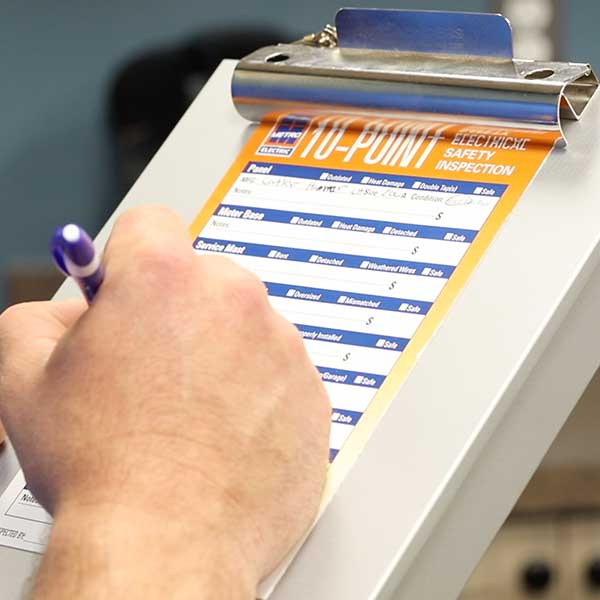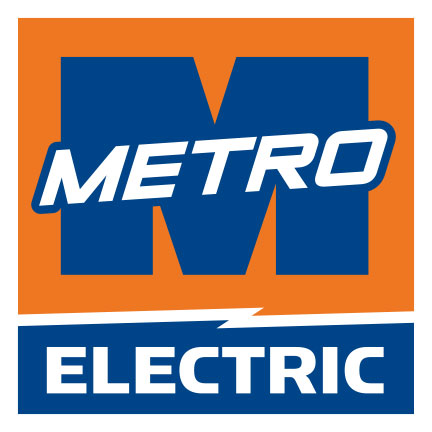Electrical Safety Inspections
Find Out if Your Home is Safe With Electrical Safety Inspections From Metro Electric
Are you certain your Southeast Michigan home is safe? Your family and home are your most prized possessions, so the comfort and safety of your home is most important. Metro Electric provides whole-house electrical safety inspections to make sure your house is worry-free and always safe.
We start where your utility connection is and continue to your panel checking all connections, wire and breaker sizing, and grounding. We’ll continue through your complete electrical system to ensure your home is safe and complying with all of Southeast Michigan’s electrical codes. Providing you the peace of mind that your home is a safe place for your family is our top priority.

Most homeowners only call electricians when they’re having problems with their homes’ electrical systems or want to install new additions. Otherwise, they don’t give much thought at all to the systems that power their lights, electronics, and appliances. That’s a mistake, though, since poorly maintained electrical systems can pose serious safety hazards.
The Importance of Electrical Inspections
Experts recommend scheduling professional electrical safety inspections for all homes more than 40 years old, all newly purchased homes, and all homes that have undergone major renovations. Homeowners should also schedule inspections when adding new large appliances.
Why is it so important to schedule routine safety inspections? According to the National Fire Protection Association (NFPA), electrical malfunctions constitute the most common cause of property damage during fires. Inadequate or improper wiring can also cause accidental electrocutions when plugging in small appliances, lights, and electrical devices.
Other Reasons to Schedule an Inspection
Any time that homeowners are concerned about electrical safety they can schedule an inspection with a Professional Electrician. That goes not just for homeowners who live in old houses, but for anyone concerned about his or her family’s safety. If one or more electrical components are malfunctioning, it’s worth the time and money to have the system evaluated. Common reasons for scheduling electrical inspections include:
- Flickering lights. This problem can be caused by either fault in the fixtures or power draw from other appliances on the same circuits.
- Strange smells around electrical outlets or fuse boxes. Burning smells can indicate an elevated risk of fire hazards, so stop using power until a thorough inspection has been performed.
- The heat coming from electrical wiring or sockets. Even high-power devices shouldn’t produce excessive heat.
- Tripping circuit breakers. Circuit breakers are designed to trip when the electrical load gets too high, so if they are tripping regularly it can indicate a faulty appliance or an overloaded circuit.
- Strange noises. A properly functioning electrical system will not generate any noises, so electrical buzzing or humming sounds are not normal and need to be checked out.
- Sparks. There is no normal or safe level of sparking from outlets or fuse boxes.
What Does an Electrical Inspection Entail?
Home electrical safety inspections can only be performed by licensed electricians trained in identifying potential wiring problems. The inspecting electrician will focus on ensuring that all wiring, electrical systems, and components meet the standards set out in the National Electrical Code (NEC). This code defines parameters for minimum electrical safety standards across the United States.
Once the inspecting electrician has completed his or her examination of the home, the inspector will provide a detailed checklist of areas that require immediate attention. He or she will also offer recommendations for upgrades and improvements that homeowners can make to their properties’ electrical systems. The electrician will also:
- Identify common electrical mistakes
- Look for outdated wiring types like aluminum or knob-and-tube wiring
- Spot oversized fuses or breakers
- Ensure the safe operation of appliances
- Provide information on the correction of electrical safety and fire hazards
- Identify solutions that could help homeowners reduce the cost of renovations or save energy
- Meet insurance risk assessment requirements
What Components Are Inspected?
As a general rule, the electrician will inspect all components of the home’s electrical system to ensure both safety and proper operation. These may include:
- Electrical wiring
- Light switches
- Wall outlets
- Arc fault circuit interrupters (AFCIs)
- Light bulbs and bulb wattage
- Grounding systems
- Safety and security lighting
- Surge protection
- Smoke detectors
- Carbon monoxide detectors
- Electrical panels
- Outdoor electrical systems
- And more.

At the end of the inspection, homeowners in Southeast Michigan will have an in-depth view of how well their electrical systems are functioning. That includes not just the presence or absence of safety concerns and code violations, but also a professional opinion about system components that could be upgraded for greater safety or convenience, even if they are technically up-to-code.
What Now?
Once homeowners have received the recommendations of a licensed electrician, they can work to start resolving the problems. The inspecting electricians that work for Metro Electric are also licensed to perform electrical repairs. They’ll start with the most urgent problems and work with homeowners to come up with affordable solutions.
Schedule an Electrical Safety Inspection with Metro Electric in Southeast Michigan Today
Ready to buy a new home, perform a remodel, install a new appliance, or have an obvious electrical malfunction checked out? Metro Electric’s staff has decades of cumulative experience with residential electrical systems, so they know exactly what to look for when it comes to potential problems and safety hazards and just how to resolve them.

